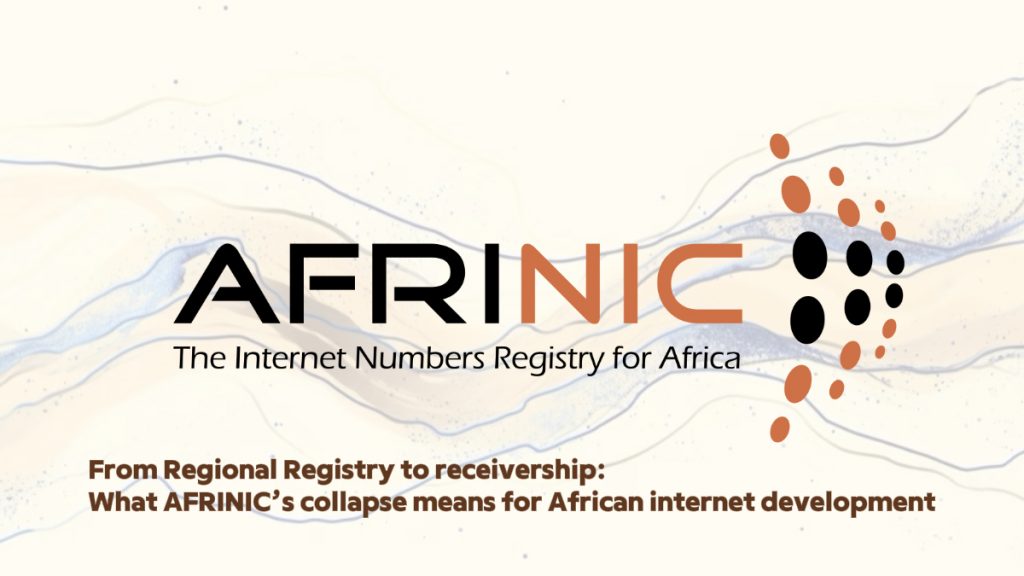- Calls for AFRINIC to be dissolved risk disrupting resource distribution and digital growth in Africa.
- The crisis raises serious concerns over regional internet governance.
Governance vacuum stalls IP resource distribution
Since the AFRINIC board was dissolved and the registry placed under receivership in 2022–2023, there has been no operational board. A Receiver was appointed by the Supreme Court, tasked with reviving elections and stabilising the organisation, but court challenges and delays continued to block progress. Without leadership, IP address requests have stalled for months, undermining resource allocation processes and harming network development.
Several local ISPs reported that critical IPv4 allocations were delayed, making it harder to serve rural regions. Without timely access to these resources, small providers struggle to expand, increasing the risk of regional digital exclusion. This hinders mobile, fixed-line, and satellite services that rely on scalable IP resources.
Also read: Cloud Innovation supports ICANN’s move to derecognise AFRINIC, calls for successor to be immediately identified
Also read: ICANN’s quiet power grab: ICP-2 compliance document raises alarms amid AFRINIC crisis
Disrupted infrastructure growth and rising costs
Broadband providers and cloud builders rely on IP address availability to power infrastructure. Due to AFRINIC’s prolonged period without a functioning board or CEO, many must lease IPs via secondary markets at a premium, raising operational costs. These expenses often lead to slower infrastructure rollouts, particularly in low-income markets with limited capital.
As a result, rural internet access—already limited—is under threat. New fibre and 5G deployments face funding cuts, and last-mile providers are forced to pause operations. Delays in connectivity affect access to online education and telehealth services, increasing the continent’s digital divide.
Trust erosion and global reputation risk
The AFRINIC case triggered global concern. The Number Resource Organization (NRO) warned about operational collapse, and ICANN threatened to revoke AFRINIC’s status if credible elections aren’t held. These are signs of deep erosion in trust toward regional internet governance systems.
Such instability affects Africa’s digital growth. Without a functioning registry, Africa could lose its voice in global internet policymaking. This weakens investor confidence in African data centre markets and hinders cloud adoption, pushing global platforms to deprioritise African projects.
A critical moment for reform and resilience
Legal disputes initiated by Cloud Innovation exposed flaws in AFRINIC’s governance structure. However, the crisis also presents an opportunity for deep reform: establishing clear policies, stronger accountability, and emergency allocation mechanisms.
Rebuilding AFRINIC won’t be easy, but it is essential. A functioning registry can support digital transformation in Africa by ensuring predictable, fair IP address management. If stakeholders embrace reform, AFRINIC could become a model for resilient, transparent internet institutions in the Global South.

